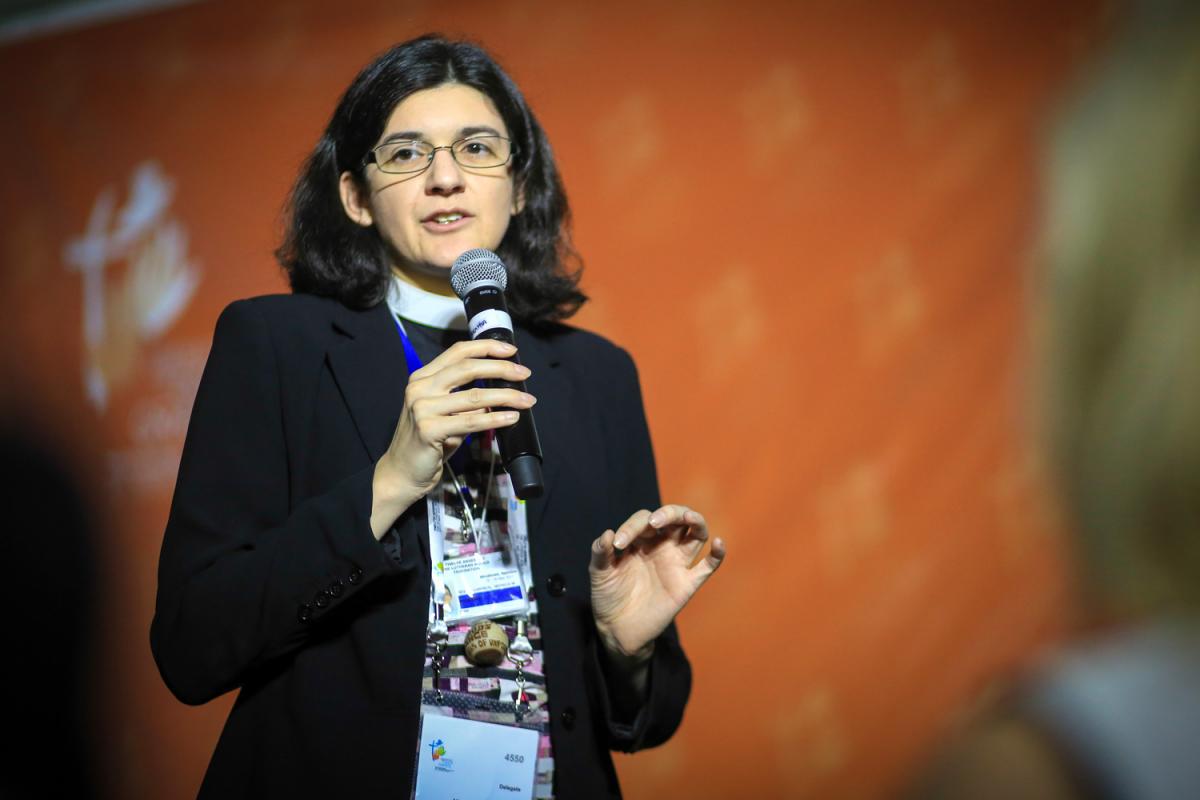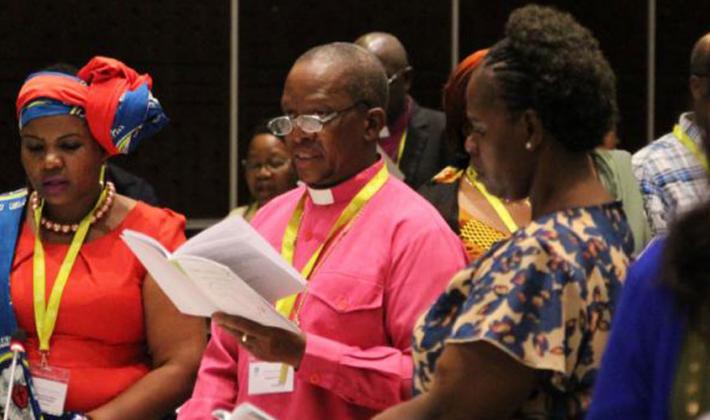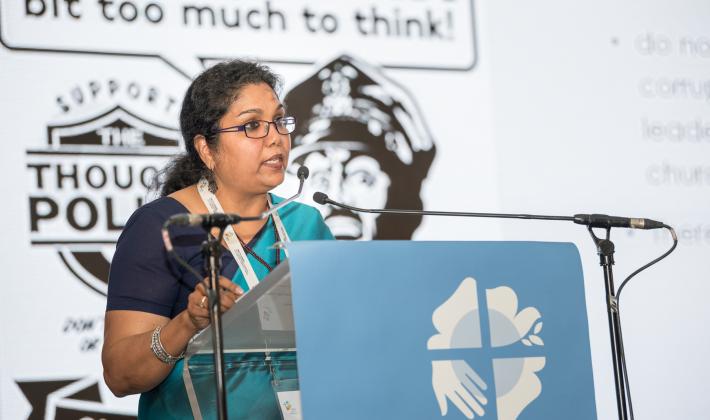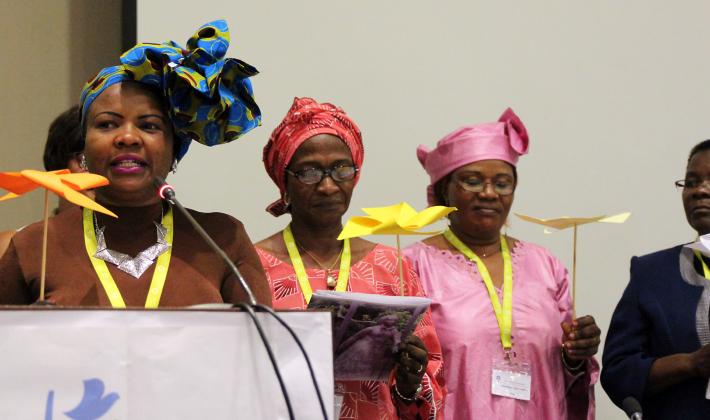
When cost-cutting measures led to the contamination of water in
“The city did not properly treat the water and it ate the pipes,” says Rev. Monica Villareal. Lead from aging pipes lines began leaching into the
Villareal,
“One of the things as a church we are doing is advocating and drawing awareness,” she says. Salem is currently working ecumenically with the United Methodist and Roman Catholic churches in the city to provide direct services to the people in
In 2016,
“We take water and food and deliver it to people in need,” said Villareal. “We know that proper nutrition helps mitigate the effects of the lead. We take water and food to those that are elderly, those that have small children.” With the significant poverty levels in the city, many people don’t have transportation to access clean water.
In the area of advocacy,
The church is organizing ecumenically to give people tools of advocacy so they can express their thoughts emotions and feelings in ways that are nonviolent.
“We want to prepare the people to be educated and to know their rights. And to do so in peaceful ways,” says Villareal. “We want to work with the government and quite frankly, we need the government, so we can change policies that created this disaster in the first place.”
Villareal believes there is a significant role for the church in responding to this crisis, “both in political advocacy but also in compassionate ministry. I think about the ministry of mercy – the compassion, the direct service – we deliver water to people in need. But there is also the ministry of justice, and the justice side is what changes the systems that keep people oppressed.”
“As we enter the phase where we are working on justice, I see the need for mercy coming back again,” she says. “We are going to need the church, people of faith, Lutherans – to continue to stand in solidarity with the people of
LWF/Trina Gallop



